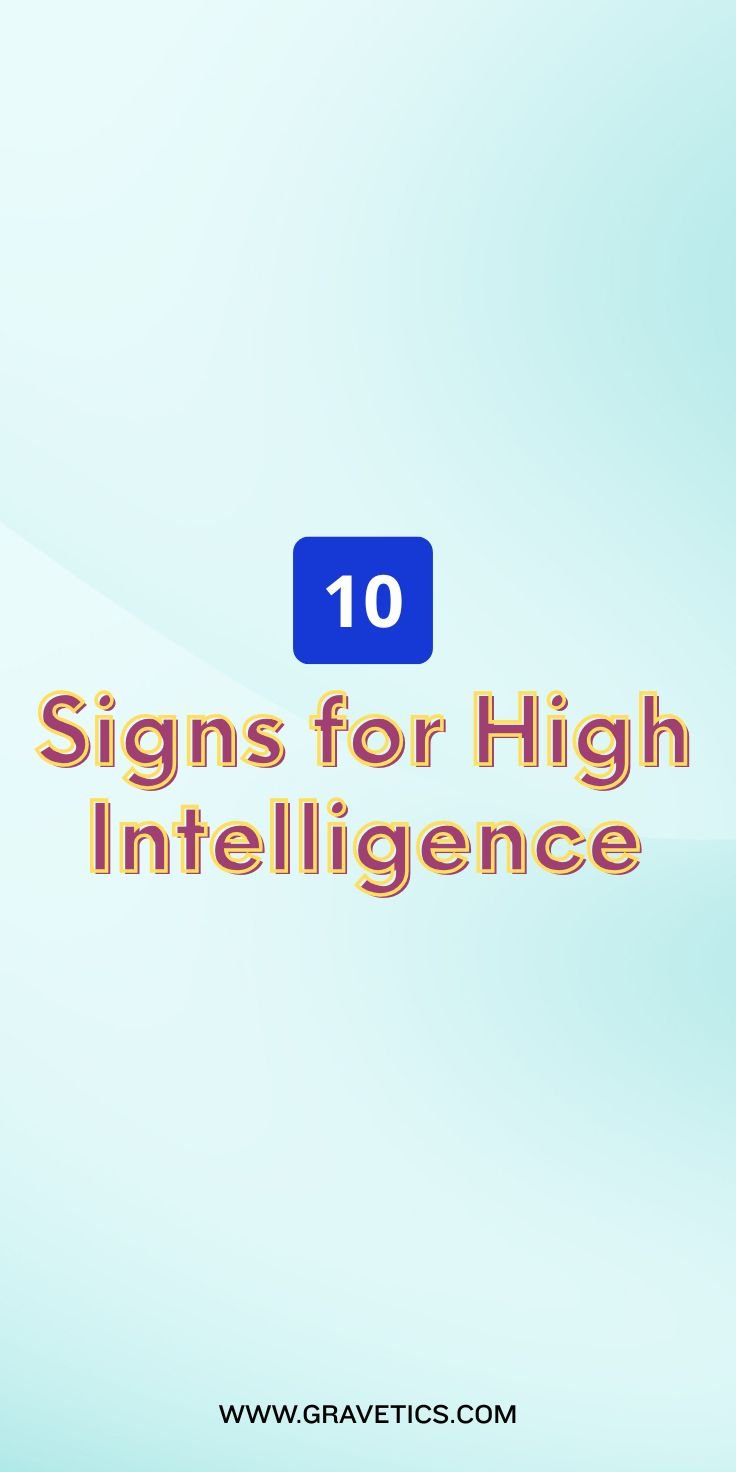Business, information technology, education, healthcare are all complex yet vital functions of human life. Dealing with the typical scenarios and deriving the required result requires a comprehensive understanding of different factors of life. However, people usually ignore one element that shares the most significant contribution to human interactions. It is the emotional component. Undoubtedly, human emotions are the most complex function of social interactions.
Every other domain of life has direct involvement of emotions. We might not realize it, but emotions are always playing a significant role in all our decisions. They are always present at the back end of all our actions. They form the foundation of human behavior. Dealing with and managing emotions in the right way can generate beneficial insights in understanding human behavioral intentions. It makes understanding emotions more important in professions that are more dependent on human interactions.

Therefore, the healthcare sector places immense importance on understanding emotions. Now emotional intelligence has almost an equal share in determining an individual’s overall productive capacity. Especially, professions like the healthcare sector need even higher levels of emotional intelligence because of intensive human interaction.
What is Emotional Intelligence?
Emotional intelligence is a set of capabilities that help individuals manage their own and others’ emotions appropriately. It relies on five major components:
- Self-awareness
- Self-regulation
- Motivation
- Empathy
- Social skills
This article explains the importance of each component of emotional intelligence for healthcare leaders.
Self-Awareness
Being self-aware is the first step towards being emotionally stable. Different professions globally focus on helping people gain self-awareness. For instance, various doctor of education jobs requires psychological aptness alongside a high emotional quotient to help individuals gain self-awareness. Self-awareness provides you with a comprehensive understanding of your strengths and weaknesses. Therefore, it allows you to work on your weaknesses and boost your strengths. You can only improve as a person on the whole if you are self-aware. Knowing your emotional state helps you to incorporate others’ and react accordingly.
Self-awareness is essential for healthcare professionals because it helps them to know their grounds strongly. It is crucial because it tells them their capacity. They cannot appropriately deal with patients’ emotions until they know about their emotional state. Self-awareness also tells them about the proper ways of regulating emotions in stressful environments, and not only their own. Moreover, self-awareness helps a lot in managing emotions in any complex situation. Healthcare leaders have one of the most challenging jobs in the world. And so, to strategically overcome the healthcare issues of the masses, a high EQ is imperative.
Self-regulation
Once you have gained self-awareness, you can now work on regulating your emotions. The next step is self-regulation. Self-regulation saves you from unethical behavior and misconduct. It helps you control your emotional outcomes and positively channelize your aggressive behavior. A self-aware and then a self-regulated person avoids verbally victimizing others. They make informed decisions and avoid making decisions out of overwhelming emotions. In short, self-regulation is all about controlling yourself.
Since healthcare leaders have to be on their guard at all times, regulating their emotions becomes a necessity. This profession demands high discipline concerning all the relevant industry Standard Operating Procedures (SOPs). How can someone respect standardized working criteria if they do not pose themselves as a well-regulated person? Hence, self-regulation produces the necessary emotional composer in healthcare leaders to become more effective and successful.
Motivation
Self-awareness enables you to regulate yourself, after which you feel motivated. This motivation drives your efforts towards higher achievements. You feel motivated to manage your own emotions and then react to external stimuli accordingly. Motivated leaders create the fuel for inspiration. Only then can they drive the audience and their subordinates in the right direction. Moreover, motivated leaders possess a robust capacity to uplift the motivation of others as well.

Healthcare leaders have to manage and lead the entire healthcare team. Alongside this, they have to cater to the health issues and challenges of the masses, that are the patients. Since patients are already battling diseases and illnesses, motivating them is nothing short of an arduous task. For instance, urging people to follow guidelines and not lose hope was challenging work during the current pandemic. And only healthcare leaders can devise the right action plan to help them gain better emotional stability. The working environment in the healthcare sector can also get quite tedious. Only a motivated leader can continue to boost the morale of workers.
Empathy
Undeniably, having the ability to place yourself in someone else’s shoes and then analyze the situation is a great skill. You will never understand the problem and the emotional trauma a person goes through unless you see it through their lens. It explains why empathetic leaders are always successful. They understand the practical situation someone is going through and then provide a solution accordingly.
Healthcare challenges are different for every person. A similar disease or medical condition might impose entirely different challenges for various individuals. So, healthcare leaders need to understand the situation according to its particular consequences. They must have enough emotional maturity to understand the emotions someone else is going through. This empathetic understanding will provide a deeper insight into the actual situation, allowing healthcare leaders to devise solutions accordingly.
Social Skills
How many different emotions do you encounter in your social life? How many relationships do you have in your social life? Are you the same as everyone? Do you exhibit the same emotional outlook in every social interaction? Certainly not. It is almost impossible to enlist the multiple encounters a person goes through in their social life. Therefore, it is the highest tier of emotional intelligence where you develop strong social skills.

According to a study by Forbes, 90% of the top performers in social and cognitive spheres are high on emotional intelligence. Therefore, healthcare leaders must possess significantly better social skills than others. That’s because they have to deal with other leaders and respond to the issues of the masses. They must observe, analyze, assimilate, and then communicate their response according to the need of the situation. It is only possible when they have excellent social skills.
Final thoughts
With every passing day, people realize the significance of emotional intelligence. The overwhelmingly dominant stature of intelligent quotient over emotional quotient is rapidly fading away. Specifically, professionals like healthcare need higher emotional intelligence than others. Dealing with people’s emotions is a necessary element of their official job description. So, it becomes inevitable for healthcare leaders to gain high emotional intelligence. Emotional intelligence always has a trickle-down impact from top to bottom. Once the leadership has developed vital emotional intelligence, the team down the line will exhibit high emotional composure.




